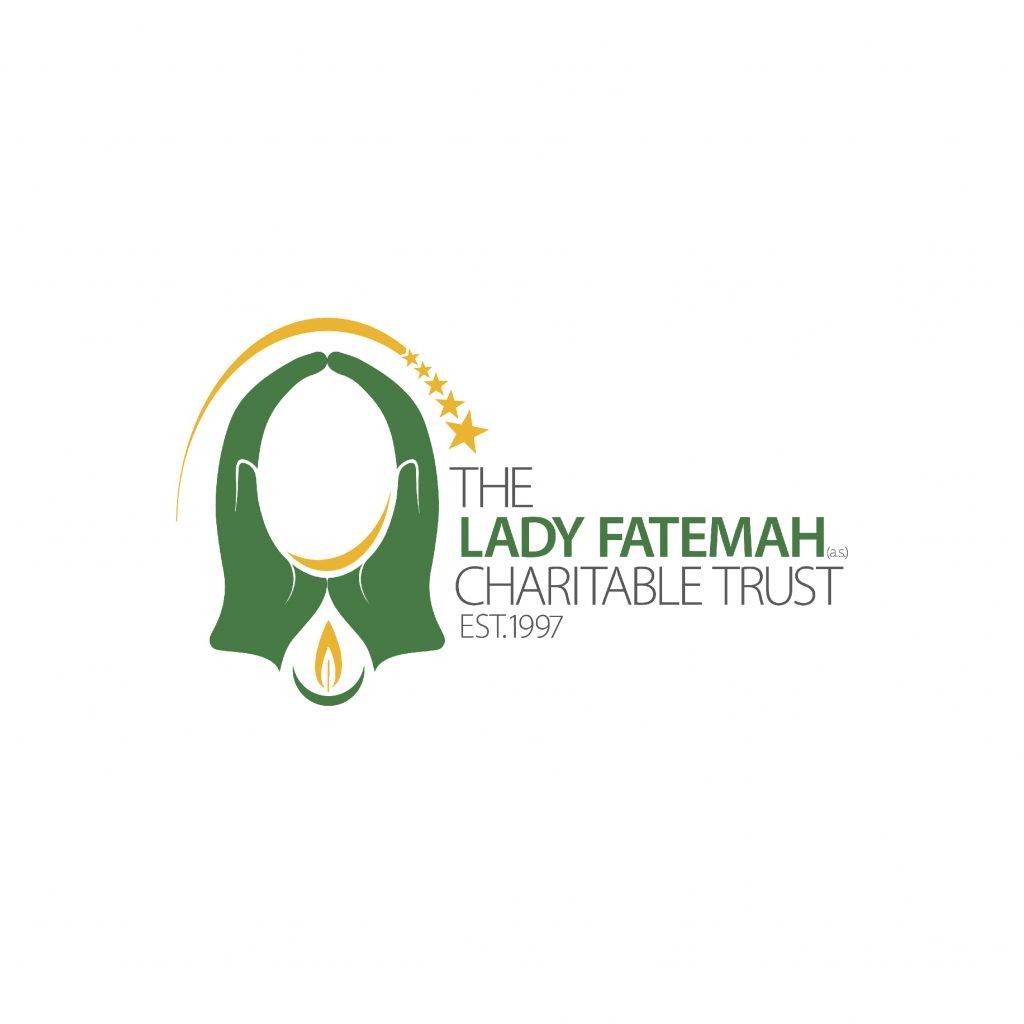The Lady Fatemah Charitable Trust was formed in 1997 when the founder, Amirali G. Karim, who had a history of charitable activity in his native country, Kenya, realised the vision of a different way of serving humanity.
At the core of his vision was a desire to ensure that charities were accountable, and their work was sustainable, empowering and replicable. He was strongly against fostering dependency and felt that however the intervention takes place whether through education, healthcare or microfinance, beneficiaries should go from being a net recipient of charity to a net donor of charity.
He applied this vision and grew the Trust from a $5,000 donation from his own business to being trusted by friends, acquaintances and complete strangers to disburse over $20,000,000 by the time he died in 2018. He passionately applied these principles to over 19 countries across Africa, Asia and the Middle East.
During his lifetime, he touched over 1,000,000 lives. Tens of thousands of communities in the poorest regions were given safe access to water, thousands of children facilitated with access to education, hundreds of sick people were given access to treatment at very low or no cost and many widowed mothers and their orphaned children took up the opportunity to earn a living. The work of the Trust is inspired by our faith in God and this inspires us to serve His creation in humanity regardless of their belief, race or gender.
With women and in particular, mothers at the nucleus of the family unit, the LFCT entered a pledge in January 2020. The Million Mothers pledge on 1 January 2020 is a decade-long plan of action to empower mothers in these countries through five concrete strands of action.
It is no coincidence that the Trust is named after one of the most famous mothers in history whose work with her father, husband and children embodied female leadership in a patriarchal society and stood for the survivors of oppression and injustice empowering them to voices of change, ambassadors of virtue and bringers of change in their societies.

